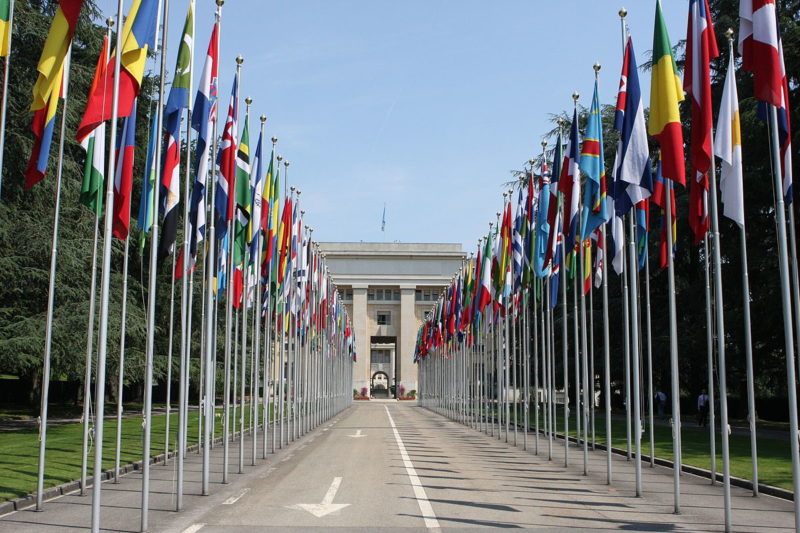 10 March 2021.
10 March 2021.
The Centre for Law and Democracy (CLD) has provided a Submission on disinformation to the UN Special Rapporteur on Freedom of Expression. The Submission is in response to a call by the Special Rapporteur for inputs into her June 2021 report to the Human Rights Council, which will focus on disinformation and freedom of expression. CLD’s Submission reviews the main responses by both States and intermediaries to disinformation, analyses them from the perspective of freedom of expression and makes recommendations for future action.
“Disinformation is a growing problem around the world which, even as it represents an exercise of the right to freedom of expression, also seriously undermines that right,” said Toby Mendel, CLD’s Executive Director. “However, all too often responses to disinformation from both governments and intermediaries are broad-brush measures which fail to strike a careful balance between addressing the problem and minimising harm to human rights.”
Government responses to disinformation may consist of adopting broadly worded criminal prohibitions which lack appropriate intent requirements, allocating powers to regulate speech to political (as opposed to independent) actors and placing legal obligations or pressure on intermediaries to restrict content. Governments should focus far more on building trust by taking measures to prevent disinformation by officials, to enhance the flow of reliable information from official sources, to support a diverse, independent media sector and to put in place strong regimes for ensuring that citizens can access official information.
Intermediaries also need to respond in a far more transparent and nuanced way to disinformation. Their definitions of what speech breaches their policies need to be far more precise and be guided by human rights standards. Far greater transparency is needed regarding those definitions, how policies are applied and enforced, and how their automated systems prioritise and feature certain content. Where the approach taken by those automated systems tends to promote disinformation, directly or indirectly, intermediaries need to acknowledge this and address this issue directly, even if it may affect their business interests. Intermediaries also need to engage far more with users in the Global South to ensure that their policies take local conditions appropriately into account.
CLD’s Submission is available UN Special Rapporteur for Freedom of Expression: Submission on an Annual Thematic Report on Disinformation.
For further information, please contact:
Laura Notess
Legal Officer
Centre for Law and Democracy
Email: laura@law-democracy.org
+1 782 234 4471
www.law-democracy.org
twitter: @law_democracy



 1 March 2021.
1 March 2021. 23 February 2021.
23 February 2021. 18 February 2021.
18 February 2021. 15 January 2021.
15 January 2021.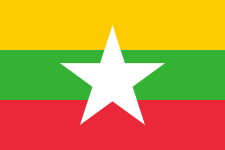 11 December 2020.
11 December 2020.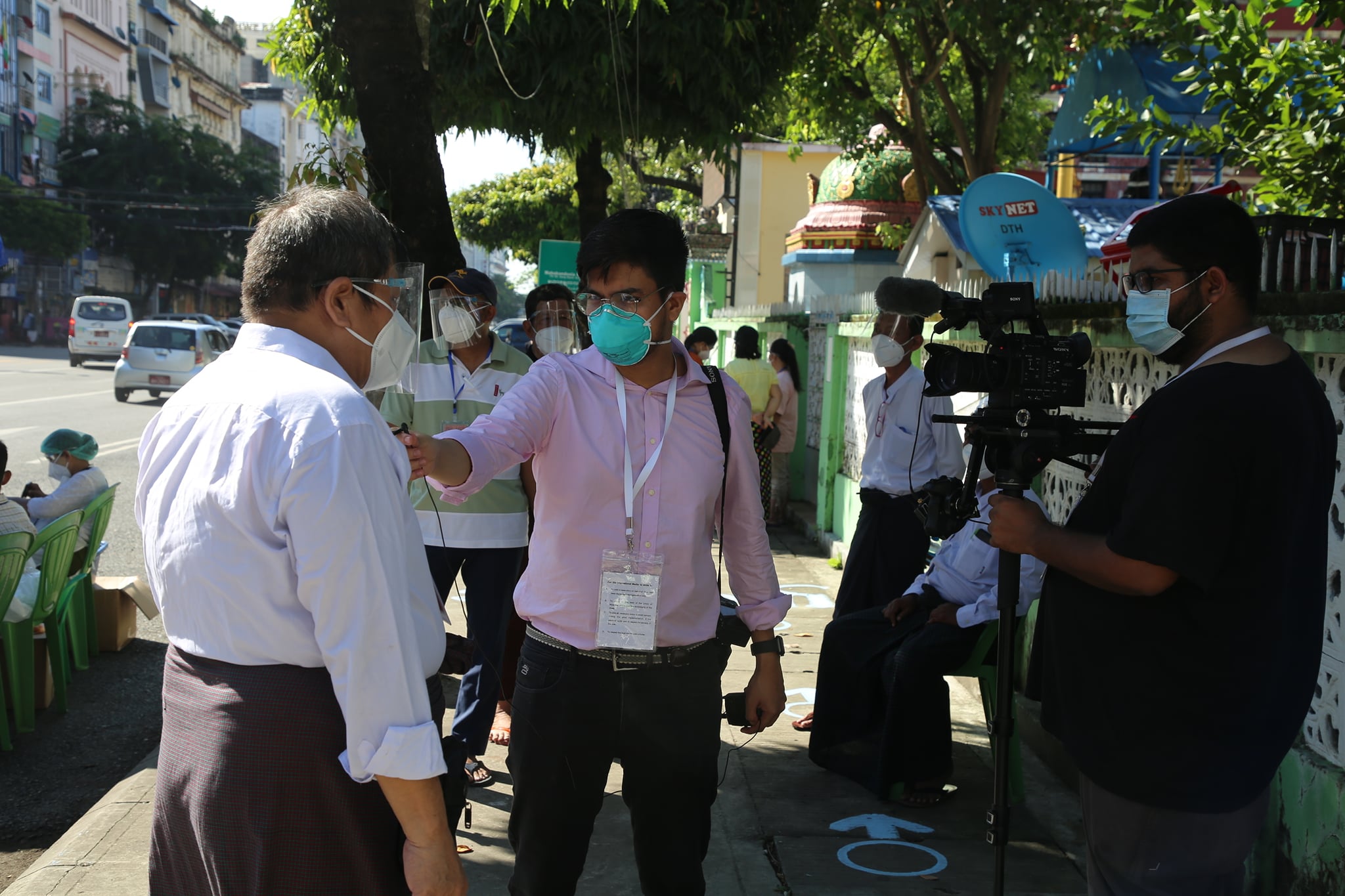 10 December 2020.
10 December 2020. 27 November 2020.
27 November 2020. 24 November 2020.
24 November 2020. 6 November 2020.
6 November 2020.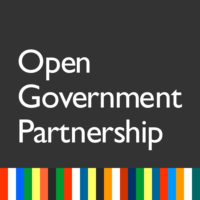 16 October 2020.
16 October 2020. 15 October 2020.
15 October 2020. 28 September 2020.
28 September 2020.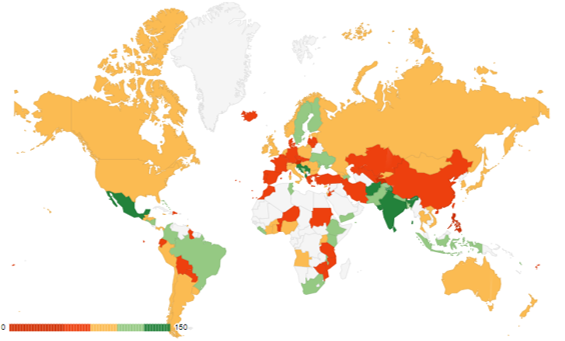 28 September 2020.
28 September 2020. 27 September 2020.
27 September 2020. 11 August 2020.
11 August 2020. 4 August 2020.
4 August 2020.